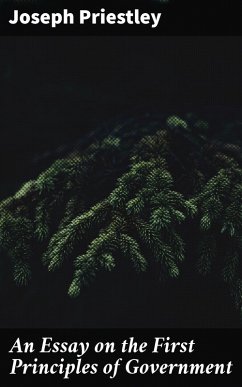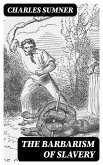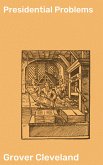In "An Essay on the First Principles of Government," Joseph Priestley engages in a profound exploration of political philosophy, articulating the foundational elements that underpin legitimate governance. Written in the late 18th century, amidst the Enlightenment'Äôs fervor for reason and individual rights, Priestley's work promotes a rational discourse on democracy and represents a reaction against tyranny. Employing an accessible style interwoven with rigorous argumentation, he asserts that the primary purpose of government is to secure the greatest possible happiness for its citizenry, advocating for a model rooted in both ethical principles and the consent of the governed. Joseph Priestley, an eminent scientist and theologian, was deeply influenced by the sociopolitical dynamics of his time, including the American and French Revolutions. His background in natural philosophy and commitment to Enlightenment ideals informed his perspective on governance, prompting him to challenge established authorities and provide a framework for a more egalitarian political order. Priestley'Äôs diverse scholarly pursuits, ranging from chemistry to theology, enabled him to approach the subject with a unique interdisciplinary lens. This seminal work is essential reading for scholars of political theory and history alike. Priestley'Äôs insights resonate powerfully in today'Äôs climate of governance debates and can guide contemporary discussions on democratic principles. Readers will find that his rigorous argumentation and unwavering commitment to human rights make this essay not only relevant but invaluable.
Dieser Download kann aus rechtlichen Gründen nur mit Rechnungsadresse in A, B, BG, CY, CZ, D, DK, EW, E, FIN, F, GR, H, IRL, I, LT, L, LR, M, NL, PL, P, R, S, SLO, SK ausgeliefert werden.









